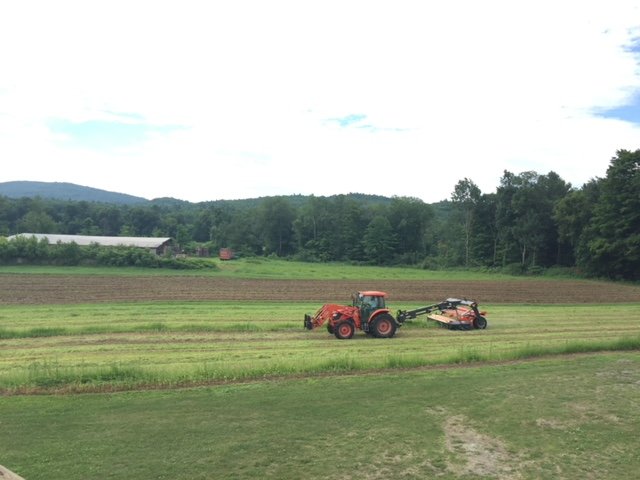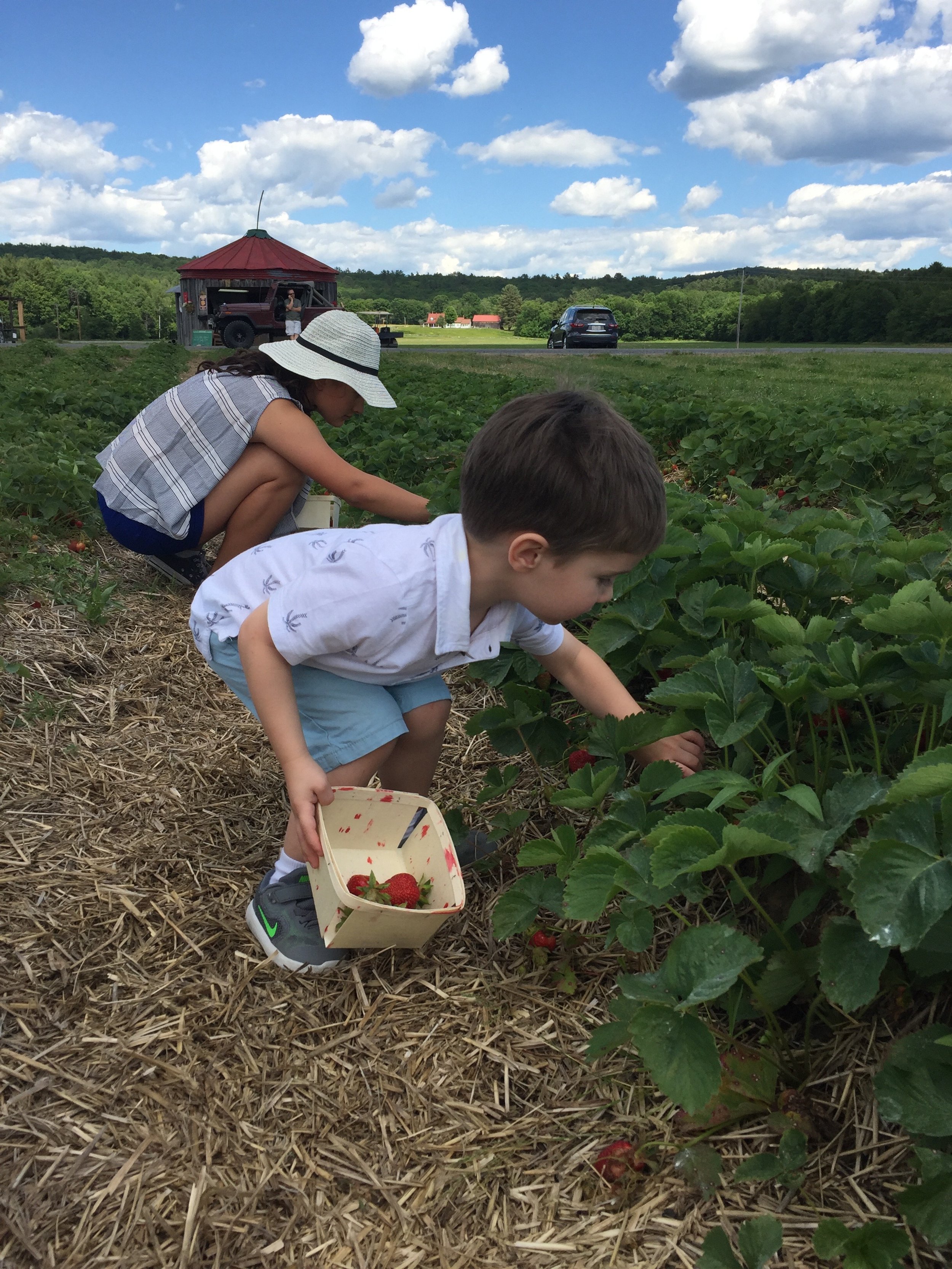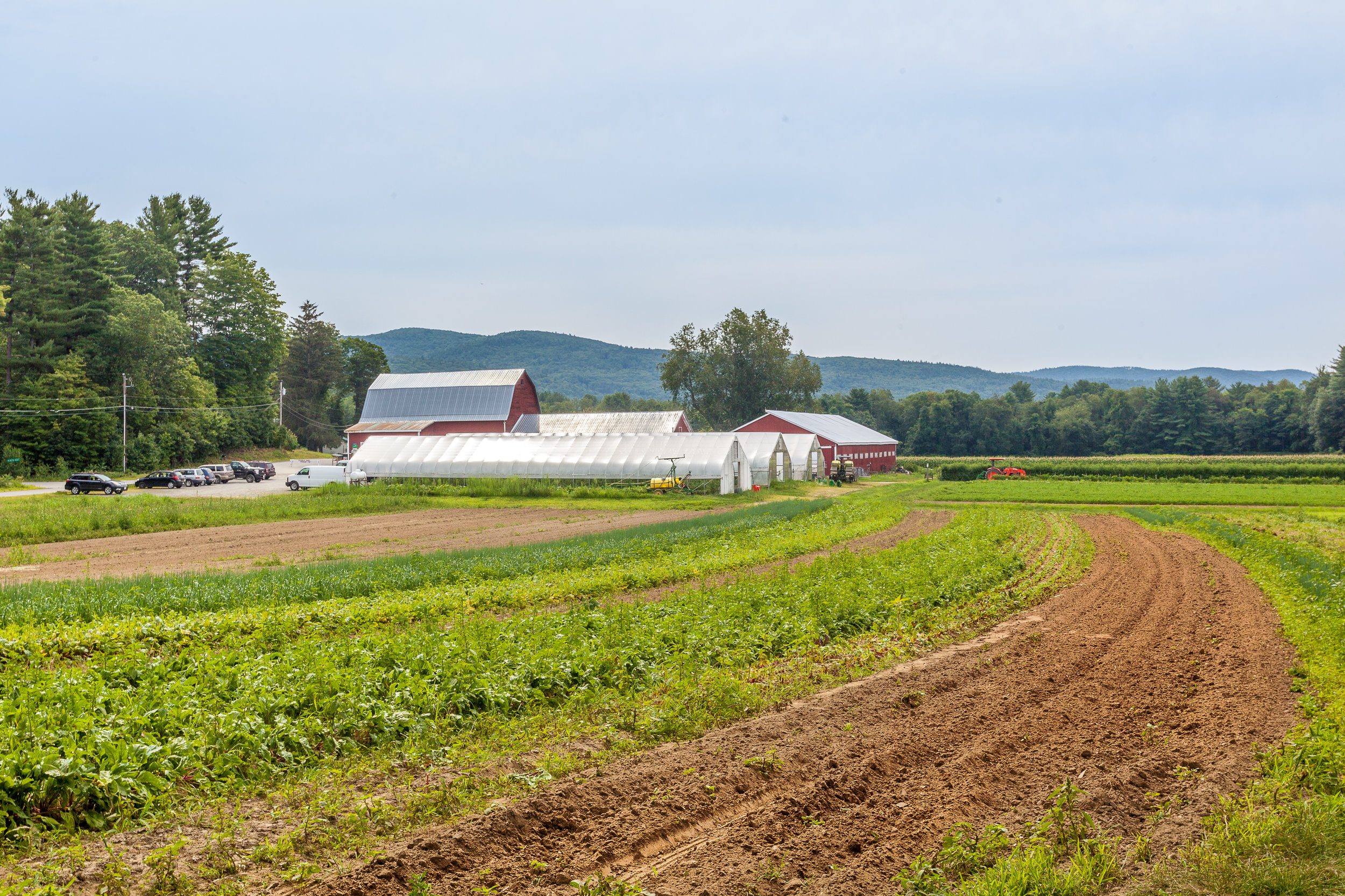We have found success with asparagus because our land has the right type of soil and our family has expertise in how to successfully plant it. So in the past 30 years, we have grown to about 10 acres of asparagus, with some of the fields still gaining in production as they mature. This is the product we sell most to Food Connects. We have found that there is a great demand for the asparagus as we seem to be one of few farms in the area growing it. It fits into our labor availability because it is the only crop in the spring.
What is your favorite part of farming?
Robert believes that to be a successful farmer, you have to be an inventor of sorts. In order to make machinery that fits your fields and does all the required tasks, you must be able to create new and unique pieces of equipment. Robert enjoys this part of the farming, and it is what has enabled him to have a farm that fits the Farm of Distinction criteria for the state of New Hampshire.
What is one of your favorite recipes you make with your produce?
Our favorite way to eat asparagus is to steam it and top it with a family aioli recipe.
Why is buying and selling locally and the local food movement important to you?
As we said in our approach to farming, we choose crops that grow well and are in demand in our area. That feeds right into the philosophy of the local food movement.
How does working with Food Connects help your business/what are you excited about in this partnership?












